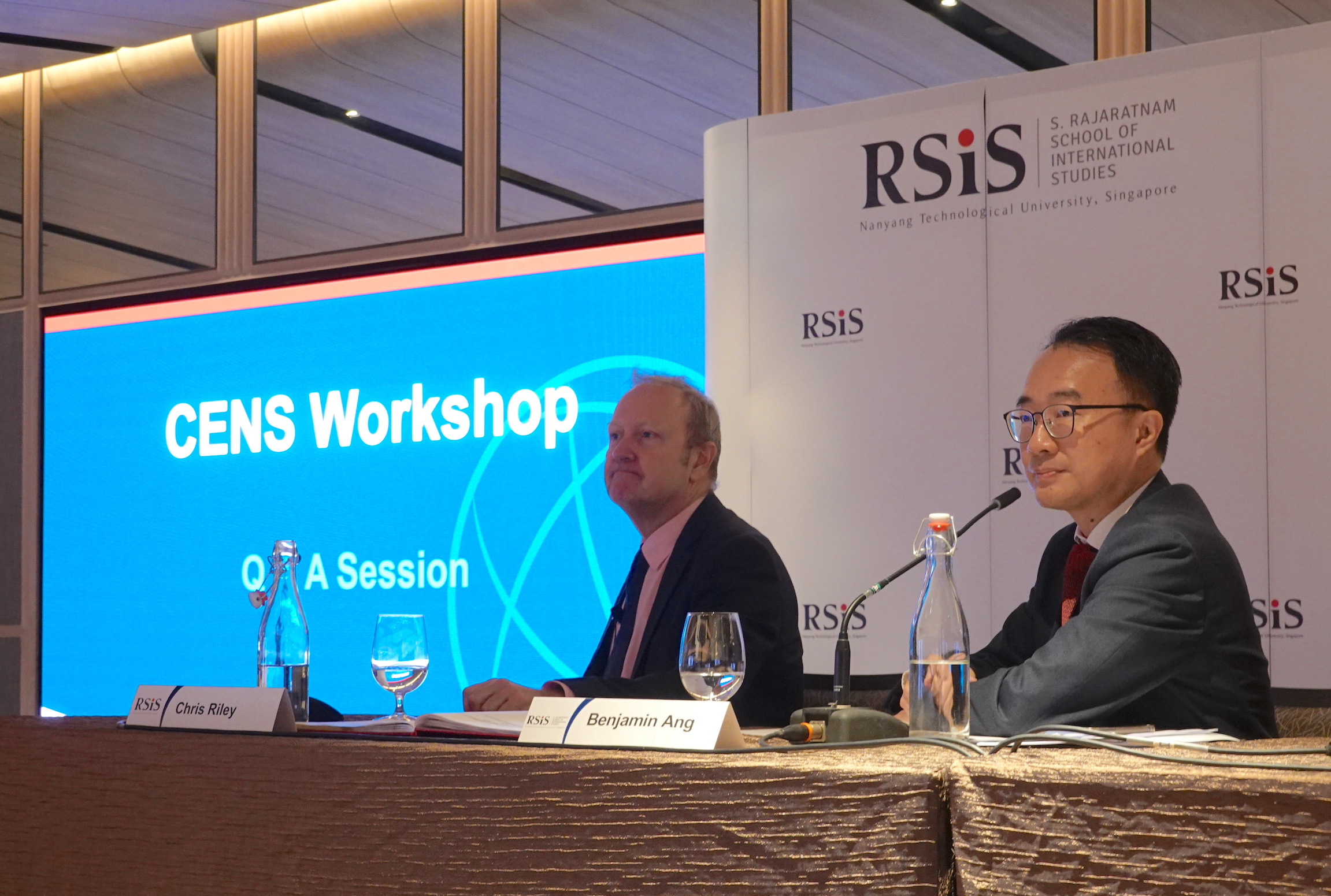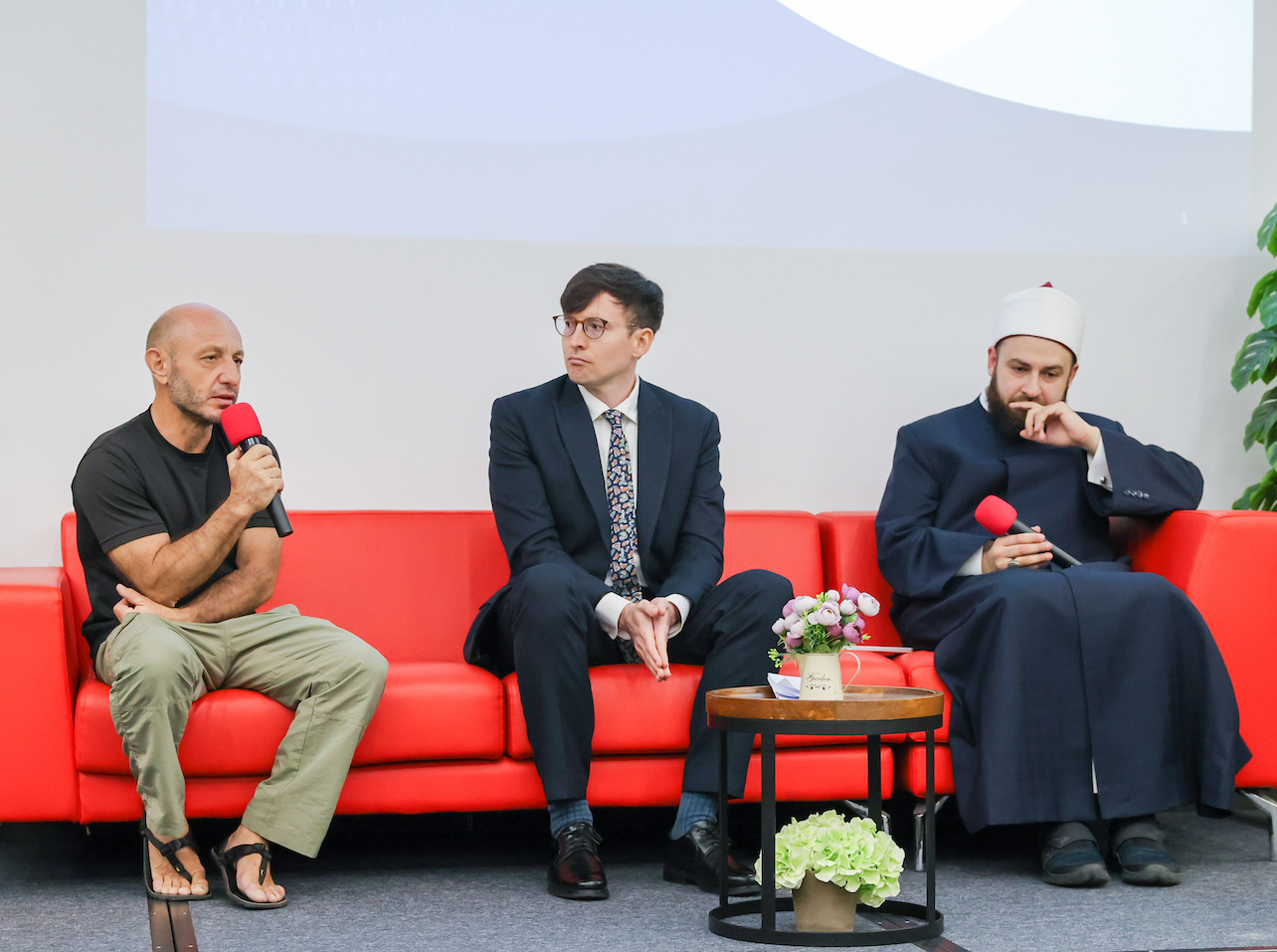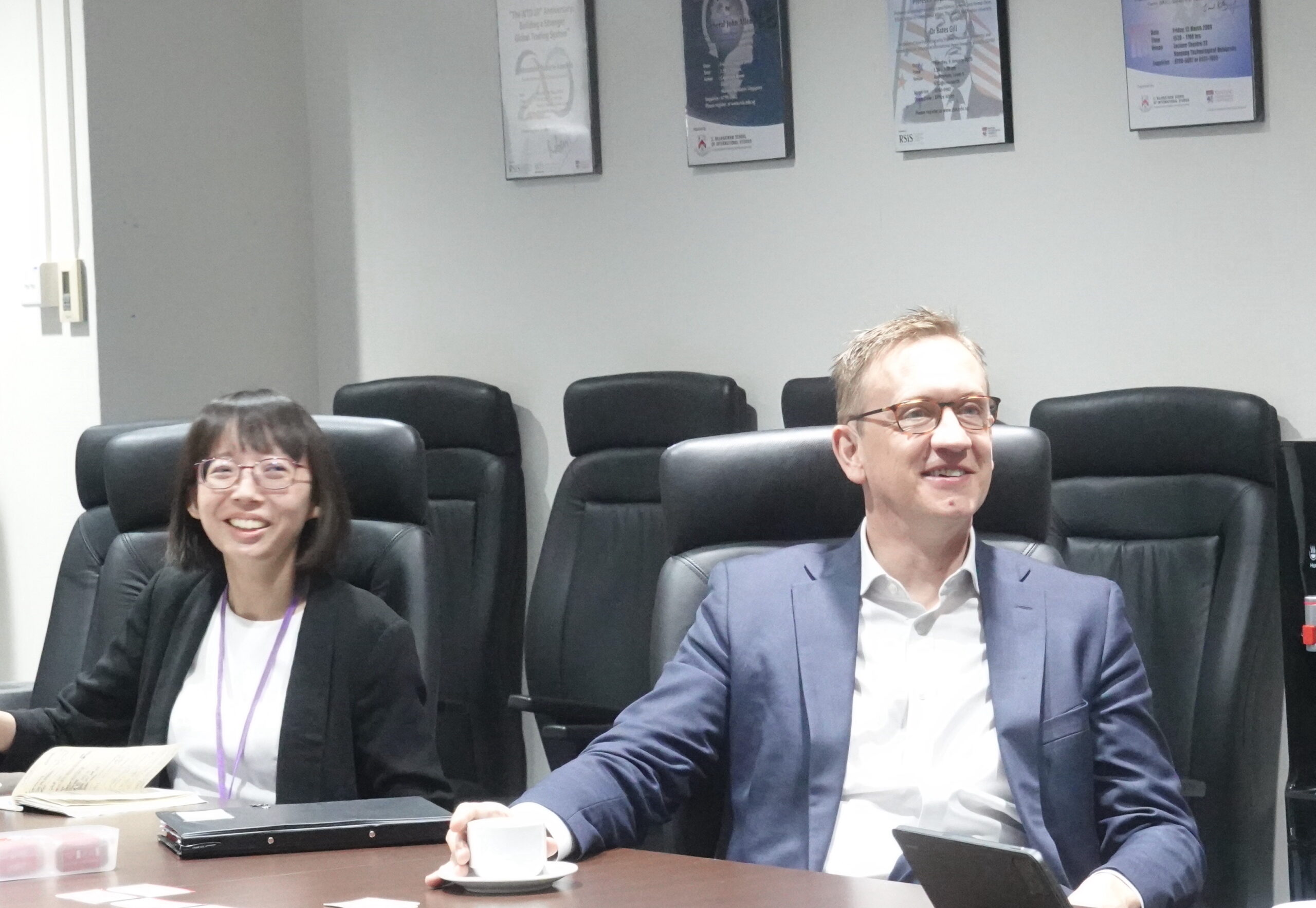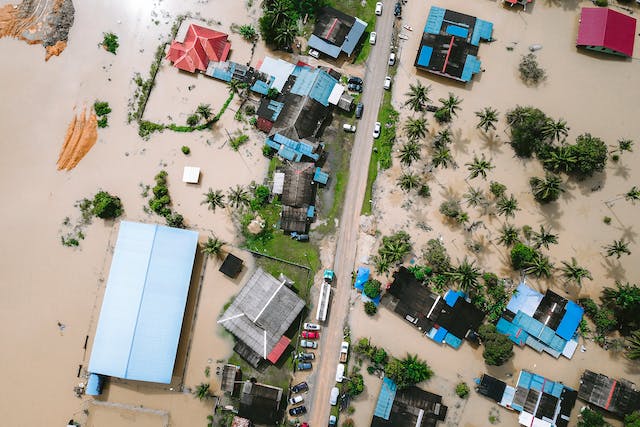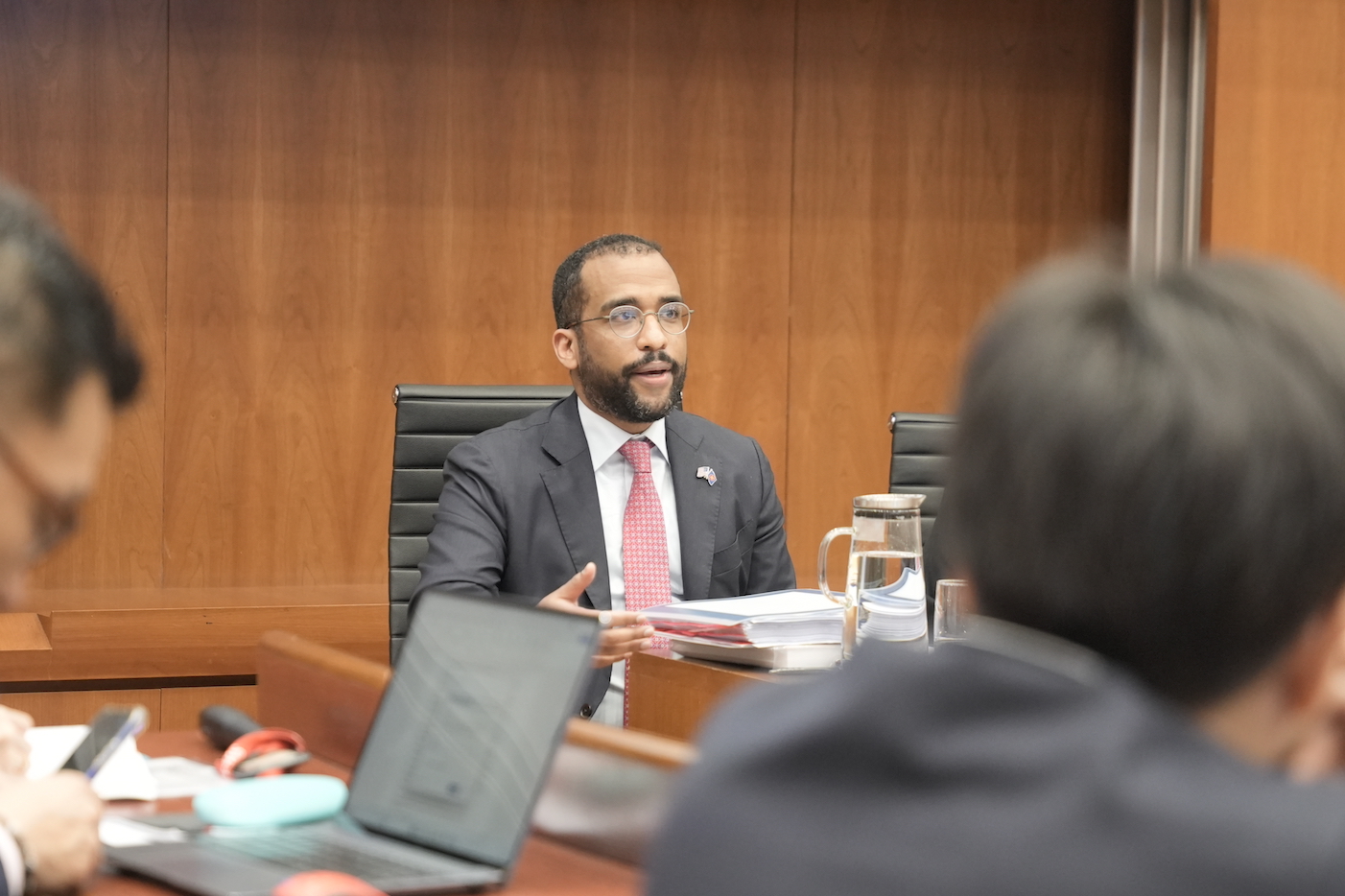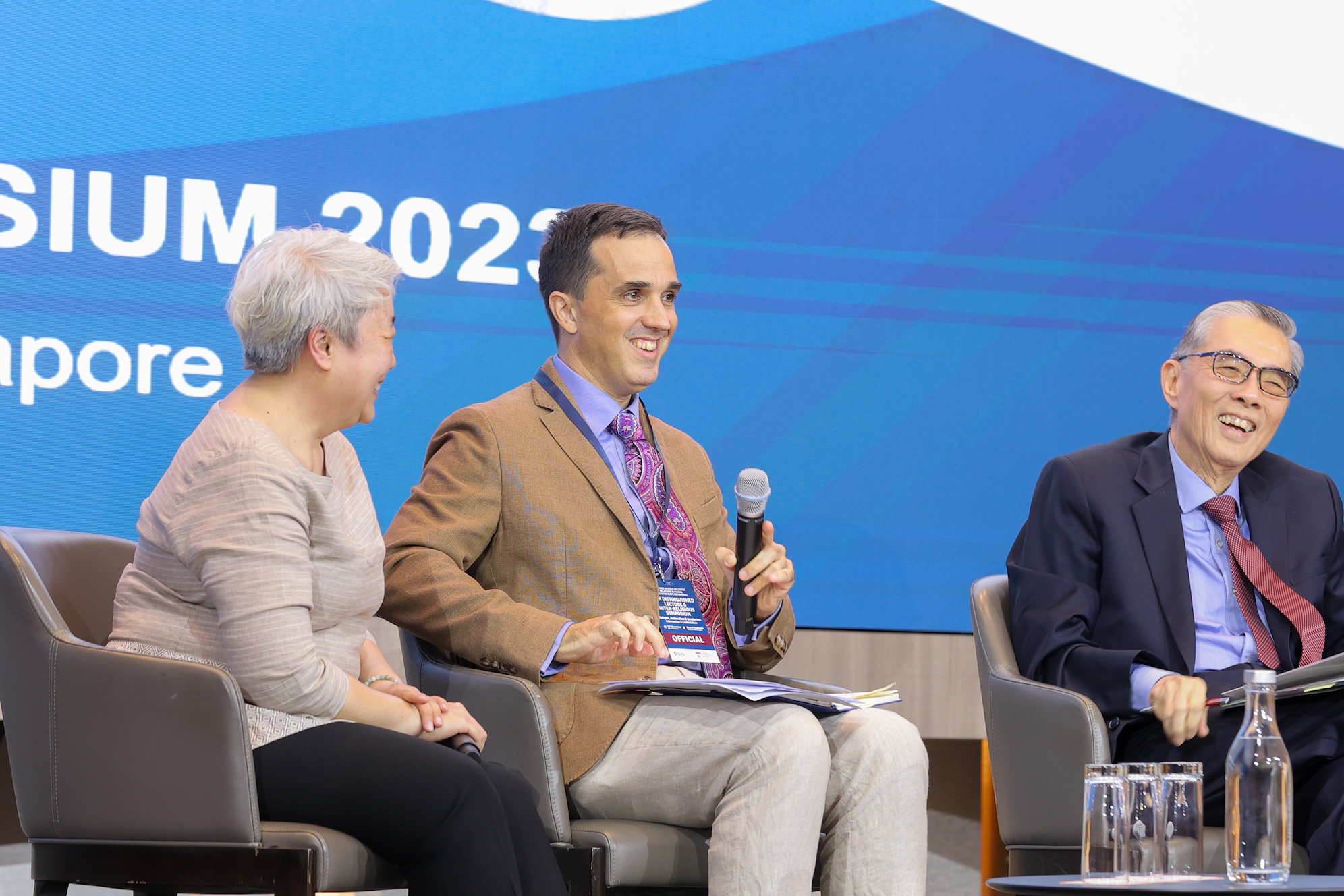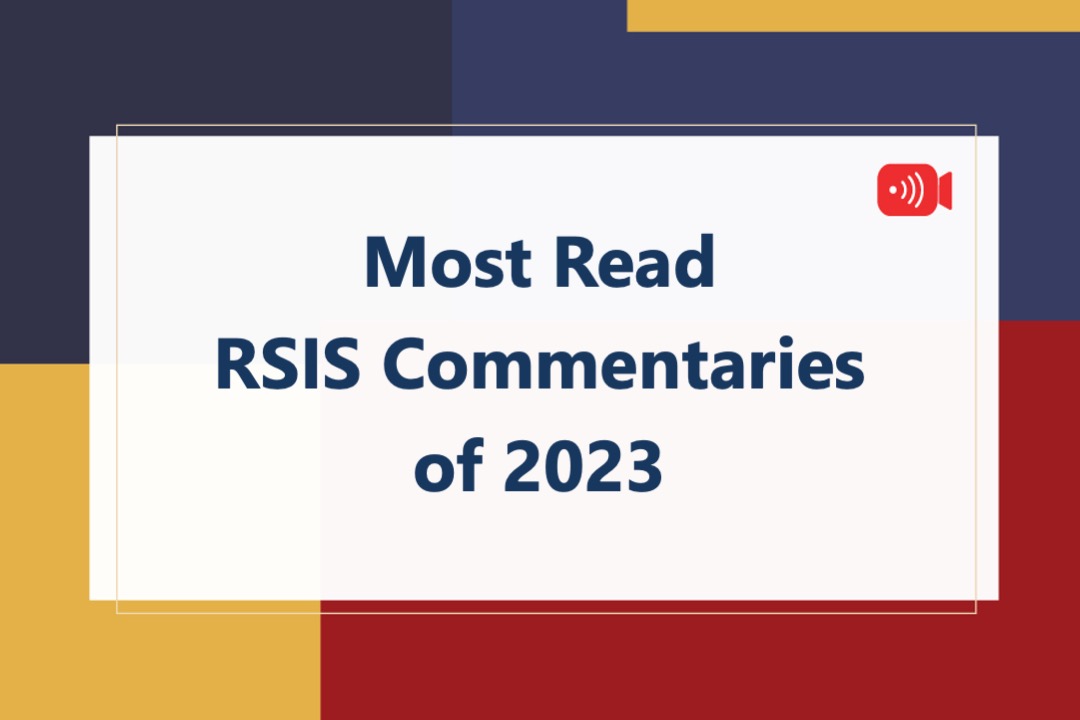
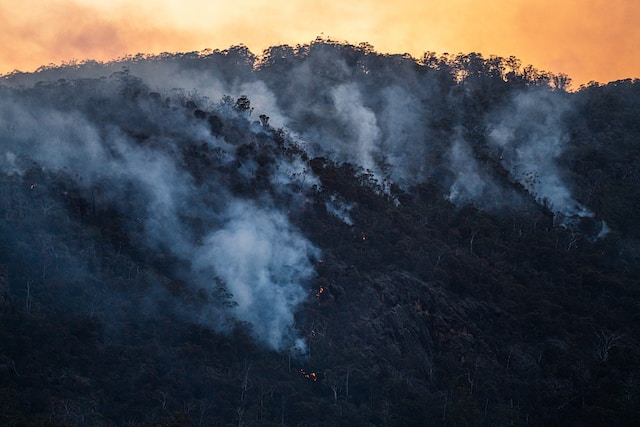
The Centre for Non-Traditional Security Studies (NTS Centre), RSIS, hosted a webinar on “Climate Security and the Women, Peace and Security Agenda” on 20 November 2023. Moderated by Dr Tamara Nair, Research Fellow at the NTS Centre, and Coordinator of Special Projects (Women and Children in ASEAN), RSIS; this webinar brought together speakers from around the world to examine the connection between the security implications of climate change and its effects on women in various regions.
The first speaker was Prof Margaret Alston, Professor of Social Work in the School of Humanities and Social Science at Newcastle University, Australia. She discussed the specific challenges that women and girls face in the aftermath of disasters including increased gender-based violence. She also emphasised the key role of women in community-led reconstruction efforts, using the example of the recent floods in New South Wales.
Next, Prof Helene Maisonnaive, Professor of Economics at Le Havre Normandie University, gave an overview of the direct and indirect impacts of climate change on women in various African countries. She pointed out the increase in the domestic responsibilities that women are likely to face, which in turn, may lead to them having less time for paid work, thus leading to further economic insecurities.
The third speaker, Prof Soumita Basu, Associate Professor of International Relations at the South Asian University, India; highlighted the Women, Peace and Security (WPS) agenda as a useful framework to go beyond merely “treating the symptoms”. Instead, this framework can be used to examine the security implications of climate change on women and come up with long-term solutions based on national and regional perspectives.
Finally, Ms Merita Tuari’i, Senior Research Fellow at Te Puna Vai Mārama – Cook Islands Centre for Research (TPVM), provided an insight into the specific challenges facing women in the Cook Islands, and broadly the Pacific Islands, as a result of climate change. She highlighted the regional understanding of the WPS agenda, and how women have negotiated peace in Pacific Island nations which have experienced conflict as “agents of peace”. She also focused on the importance of community-led strategies such as the ‘Puna’ system that involved women when it comes to climate change impacts.
The webinar concluded with a Q&A session. Questions included the role of misinformation in community-led reconstruction efforts, the ways in which the level of structural gender inequality in a country affect the ability of women to adapt to climate change, and the ability of legislation and/or regional/inter-governmental platforms to address inequalities in land tenure and property rights. Overall, the webinar contributed to the broader global conversation on women and climate change, and specifically, on the use of the WPS Agenda as a tool to manage the security implications of climate change.




